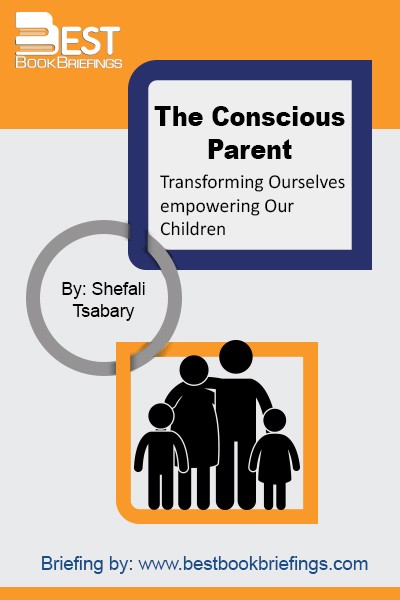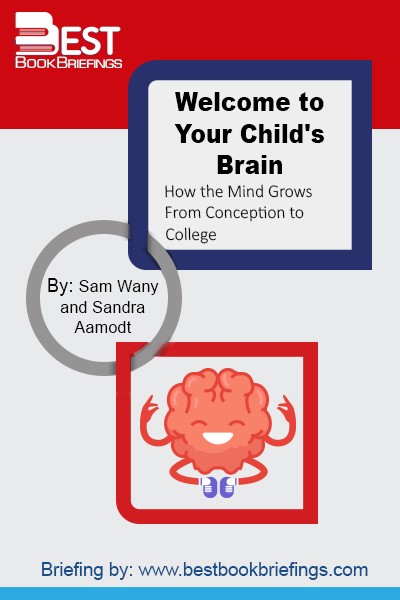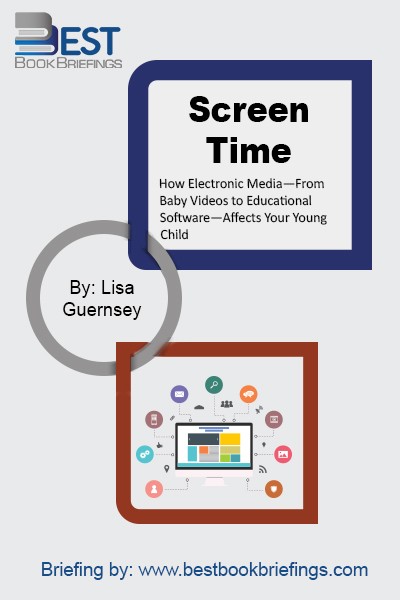Screen Time
How Electronic Media—From Baby Videos to Educational Software—Affects Your Young Child
Editorial Review
This book is mainly about of television and media's time and content on children. The studies on how children respond to content led us to ask: what exactly are our children watching? Can they make sense of it? Will they try to imitate what happens on screen? Could they learn from it? Are they learning what we think they are learning?
Book Reviews
Books on Related Topics

As the focus of family has turned to the glow of the screen—children constantly texting their friends, parents working online around the clock—everyday life is undergoing a massive revolution. Easy availability to the Internet and social media has erased the boundaries that protect children from the unsavory aspects of adult life.

To parent perfectly is a mirage. There is no ideal parent and no ideal child. The Conscious Parent underscores the challenges that are a natural part of raising a child, fully understanding that, as parents, each of us tries the best we can with the resources we have. Thus, the objective

How children think is one of the most enduring mysteries—and difficulties—of parenthood. The marketplace is full of gadgets and tools that claim to make your child smarter, happier, or learn languages faster, all built on the premise that manufacturers know something about your child's brain that you don't. These products are



